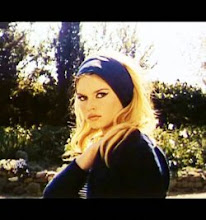


date watched: May 20, 2009
location: Apgujung CGV, Seoul, Korea
Director Hong is truly a lover of chance and a master of spontaneity.
The way he works is (in)famous both here and abroad: he arrives on set around 2-3 hours before shooting begins; he writes the script within that time, i.e., the amount to be shot that day; they begin shooting right away.
The script is also not very telling. Many times he will just announce to the actors that a certain something must happen, but no more than the most minimal instructions. He believes this calls for more natural acting, and often the situation can become unexpectedly diverting.
Director Hong is also a lover of alcohol.
This is evident in many of the scenes of his films, and the characters will say the most absurd and refreshing things when they are drunk.
When he visited Columbia a couple months ago, it was clear that he had a little bit much to drink the night before. It was rather amusing, to say the least.
The answers to all the questions posed by the audience were reflective of his film style--ambiguous. For example, one audience member asked whether a certain object was symbolic of something else, to which he replied: "You interpret it in your own way." How can you argue with that?
In this particular film, I'd say that Hong is more conscious of his position as a director. Many times, his protagonist is a painter, writer, actor, or teacher. This time, Kim Tae Woo plays a director, who seems to know it all, but actually knows very little. Many of his answers parrot his colleagues' philosophies, what we all know as PLAGIARISM. Rather than criticize this tendency, I think Hong is rather neutral towards this human tendency. We all do it, and sometimes we do it without knowing.
The title owes itself to the last scene between Kim and Go on the beach. Go does not regret her sexual infidelity, but she also just wants to keep it as it is, no strings attached. When he complains about her past and her reluctance to keep the relationship going, she replies by saying, "Why would you say these things? You don't even know me that well." Too often we do the same thing, criticizing others when we aren't even aware of our own shortcomings.

No comments:
Post a Comment